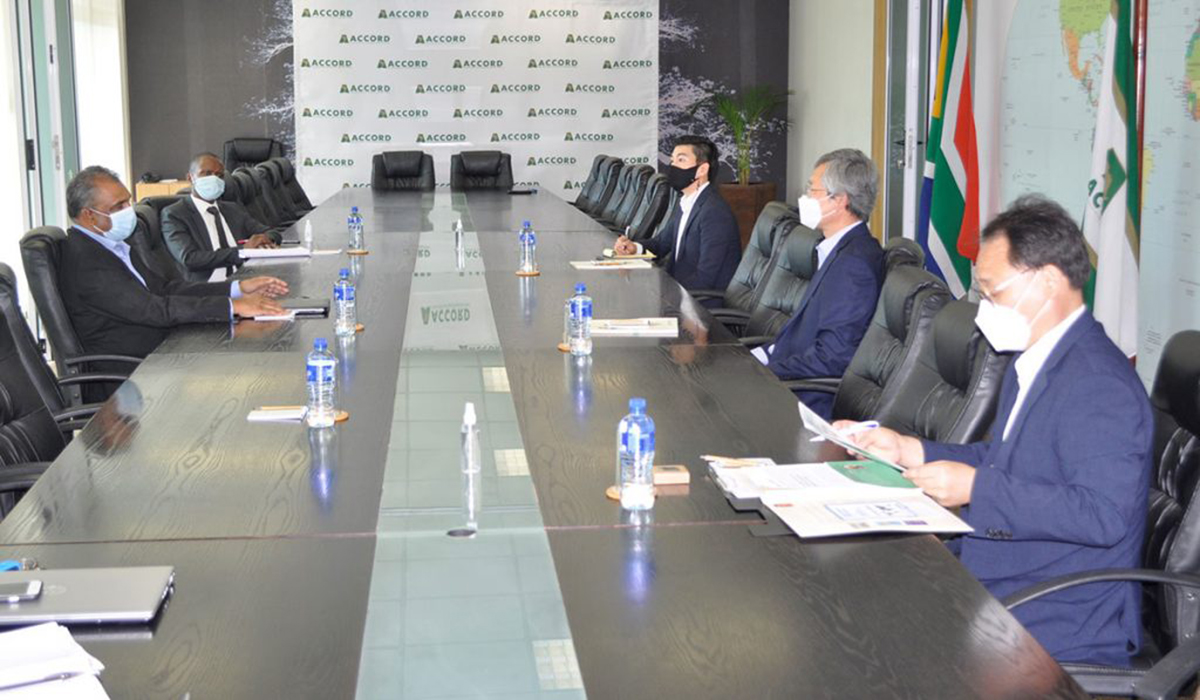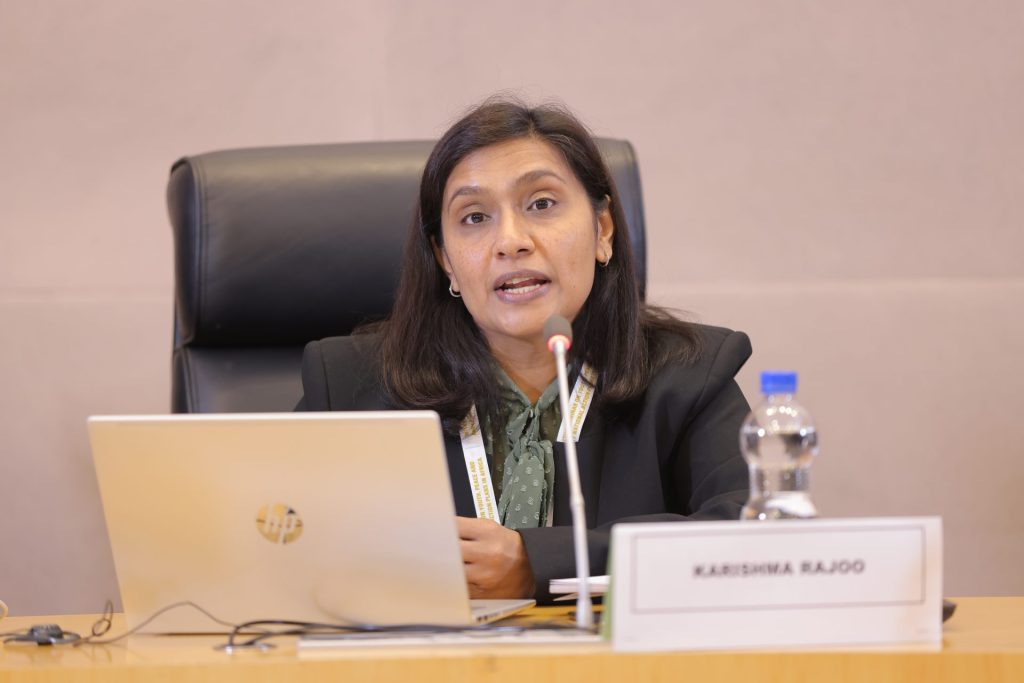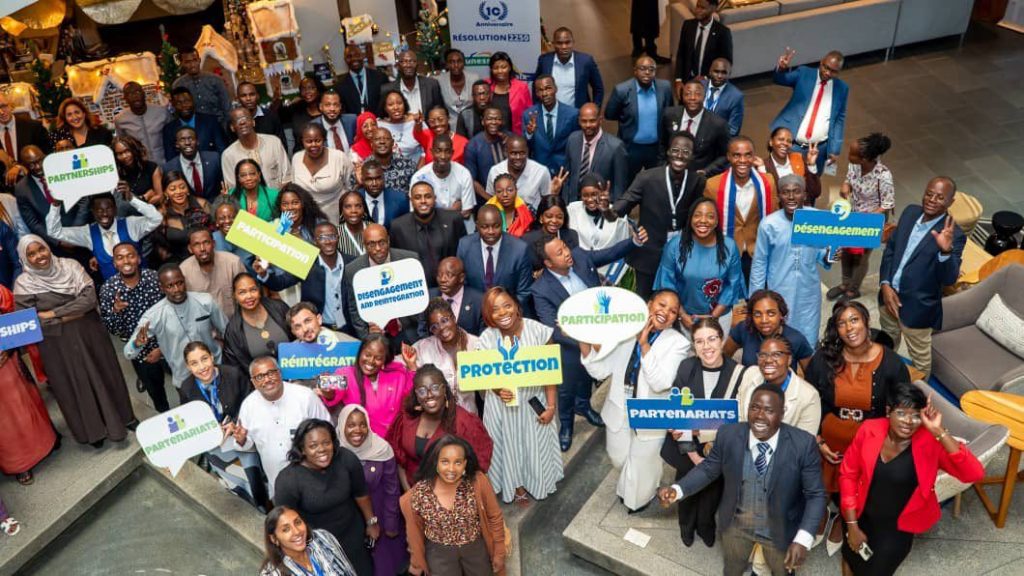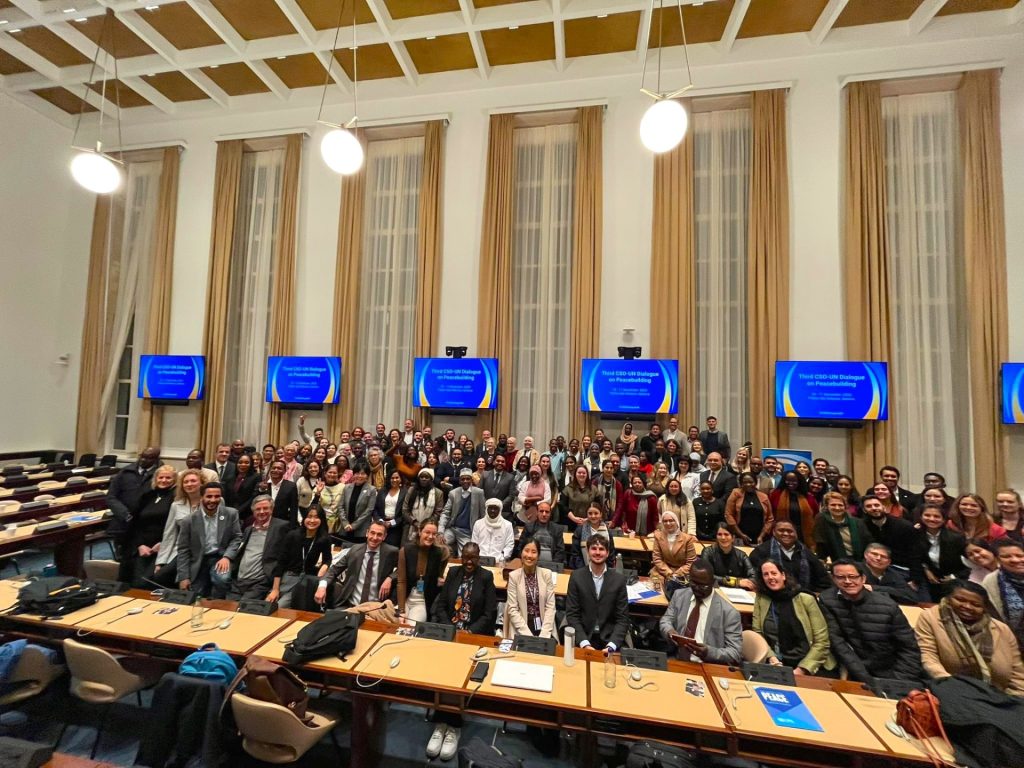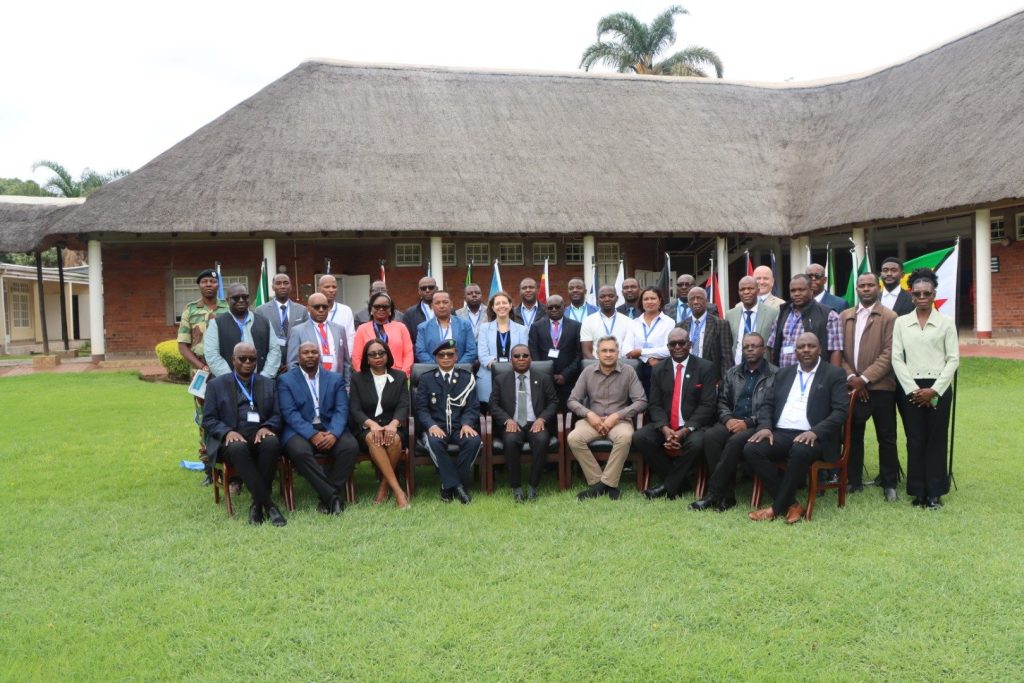The webinar discussion entitled, “The State of Democratic Consolidation in Africa.” took place on 14 September 2021.
H.E. Ambassador Welile Nhlapo, Senior Political Advisor at ACCORD, during his facilitation process, drew on various political transitions in Africa and provided the platform for the participants to reflect on the recent trends of successful political transitions in Africa. Since the early 1990s, African countries have undergone substantial political transformation. These transformations have largely seen countries shift from one party states to multi-party democracies. To this end, Africa has seen the end of many dictatorships and oppressive regimes – thus creating fertile ground for the establishment of a rules-based governance system characterised by constitutional democracy and underpinned by – inter alia – regular ‘free and fair’ elections, freedom of association, free press, and the peaceful transfer of power based on a multi-party system.
Opening remarks by H.E. Ambassador Chull-Joo Park, Ambassador of the Republic of Korea to South Africa and Dr Vasu Gounden, Founder and Executive Director of ACCORD addressed the status of democratic consolidation as well as the correlation and impact that this process has had on regional stability. Democratic transitions have not been smooth throughout Africa and many African countries still struggle to entrench and institutionalize democracy. Honourable Hanna Serwaa Tetteh, Special Representative of the Secretary-General to the African Union and Head of the United Nations Office to the African Union, provided a brief overview on major trends, challenges, and progress on democratic consolidation in Africa. The lack of economic transformation in Africa has resulted in fewer economic opportunities and consequently political office, which comes with financial rewards, has become a highly contested, sometimes violently contested terrain, thus at times contributing to national instability with a potential for regional spill-over effects.
Professor Tandeka Nkiwane, Advisor to the CEO at New Partnership for Africa’s Development (NEPAD), discussed Africa’s experiences with managing political diversity and competitive electoral politics while Mr Paul-Simon Handy, Head of the Conflict Prevention and Risk Analysis Division of the Institute for Security Studies (ISS), provided insights on the nexus between democratic consolidation and conflict prevention in Africa. The webinar ended with summary remarks by H.E. Ambassador Francis Moloi, Chief Director: Human Rights & Humanitarian Affairs at Department of International Relations and Cooperation (DIRCO).
ACCORD remains committed to contributing to the process of democratisation in Africa. ACCORD is pleased to have partnered with the Embassy of the Republic of Korea to South Africa on this information sharing webinar.

